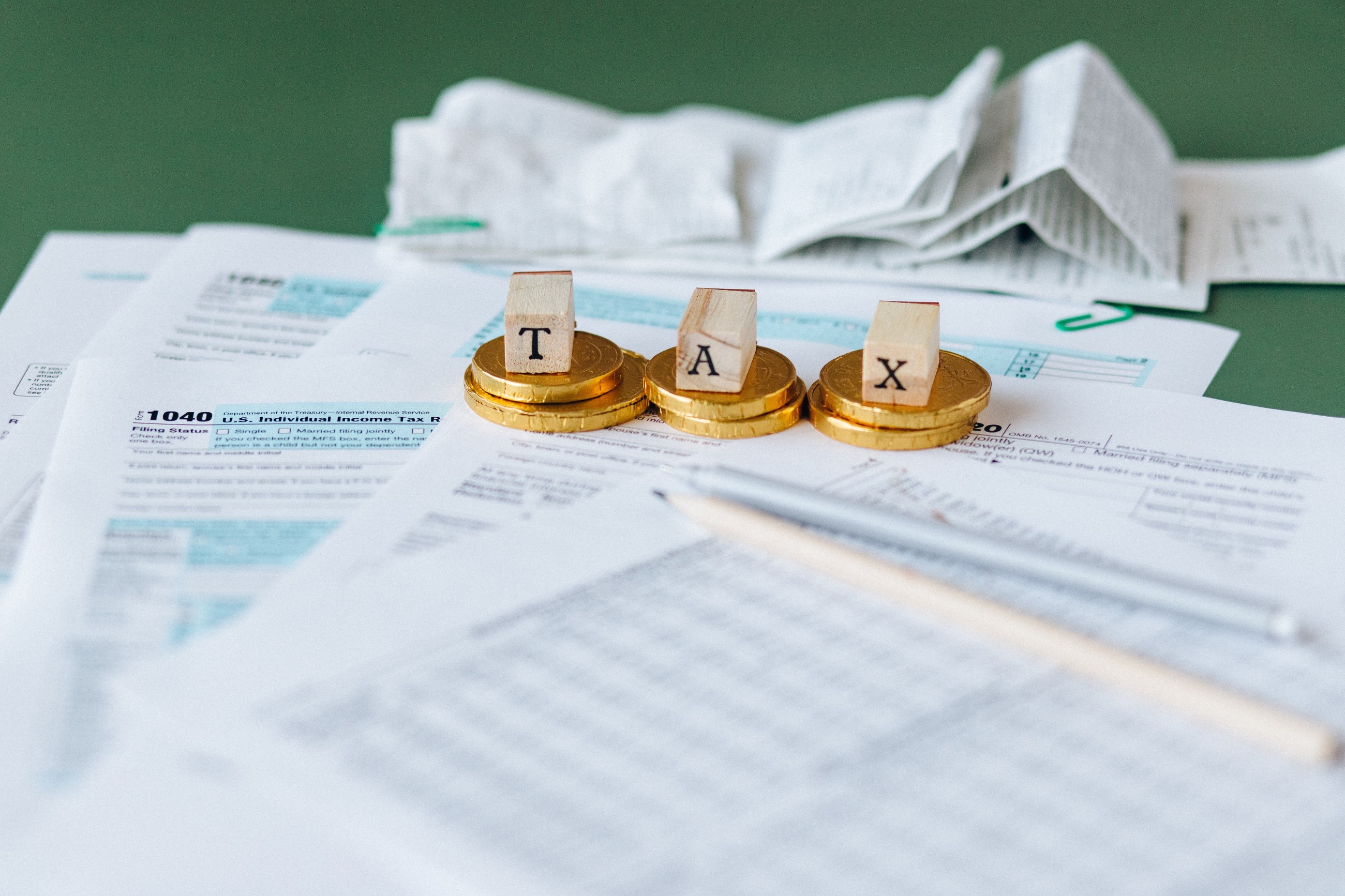
In order to clarify some value-added tax (VAT) incentives for 2023, the China’s Ministry of Finance (MOF) and the State Taxation Administration (STA) jointly issued an announcement which specifies some changes regarding the VAT exemption policy for small-scale VAT taxpayers and the additional VAT deduction policy for taxpayers in the production and lifestyle services industry.
Considering that during the period between January 1st, 2023, and December 31st, 2023, all small-scale taxpayers with aggregate monthly sales less than RMB 100,000 (or quarterly sales not exceeding RMB 300,000) shall be exempted from VAT.
The most important points following the Announcement include:
1. If the aggregate monthly sales exceed RMB 100,000 but the sales of goods, services, and intangible assets do not exceed RMB 100,000 after the deduction of the sales of real estate incurred during the period, then the VAT shall be exempted only for sales of goods, services, and intangible assets. The sales of real estate shall apply to VAT payments accordingly.
2. Small-scale taxpayers applying the VAT differential taxation policy shall determine whether they can enjoy the VAT exemption policy by the sales after the differential taxation.
3. Rental income obtained by other individuals referred to in Article 9 of the Rules for the Implementation of the Provisional Regulations of the People's Republic of China on Value Added Tax in the form of a one-off rental may be equally apportioned over the corresponding lease period, and where the apportioned monthly rental income does not exceed RMB 100,000, it shall be exempt from VAT.
4. Small-scale taxpayers applying the policy of reducing VAT at a rate of 1% on sales revenue from the 3% levy rate may choose to waive the benefit of the reduction for part or all of their sales revenue and issue special VAT invoices.
5. Small-scale taxpayers who have issued VAT invoices before December 31st, 2022 and need to issue red-letter invoices in the event of discounted sales, suspension, refunds or errors in invoicing should issue red-letter invoices corresponding to the levy rate or tax-exempt red-letter invoices.
6. Small-scale taxpayers have different tax periods and can choose to implement monthly or quarterly taxation according to their actual business situation, but it should be noted that once the tax period is chosen, it cannot be changed within a fiscal year, and there may be differences in the effect of enjoying the tax exemption policy.
7. Taxpayers in the production service industry (i.e. those who provide postal services, telecommunication services, modern services and living services which account for more than 50% of all sales) are allowed to offset their taxable amount by 5% of the deductible input tax for the current period.
8. Taxpayers in the living service industry (i.e. those which derive sales from the provision of living services accounting for more than 50% of all sales) are allowed to offset their taxable amount by 10% of the deductible input tax for the current period.
9. The VAT that should be exempted in accordance with the new regulations but was collected before the implementation may be credited against the tax payable by the taxpayer in subsequent tax periods or refunded. However, a taxpayer who has already issued a VAT invoice to the purchaser should first recover the VAT invoice.
At PHC Advisory, we are able to offer your business in China full support on relevant compliance matters, or any other issues your business may face in China. If you would like to know more about the most recent tax and financial developments in China, as well as applicability and exact details of the support measures, please contact us at info@phcadvisory.com.

